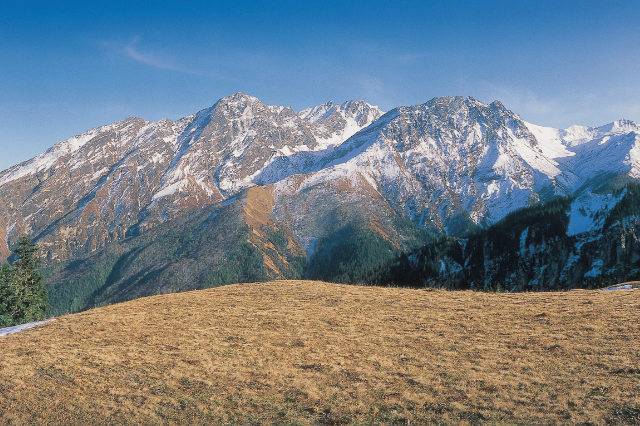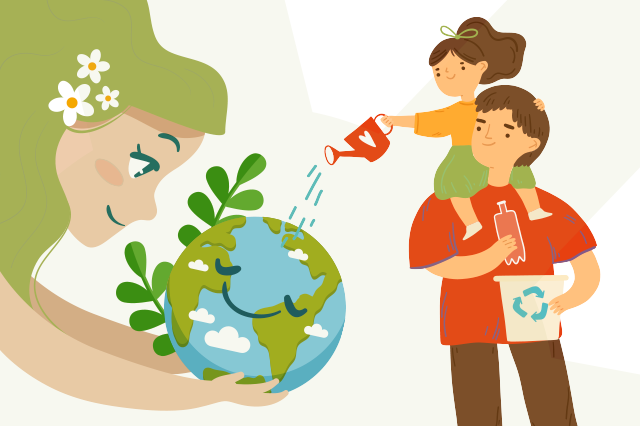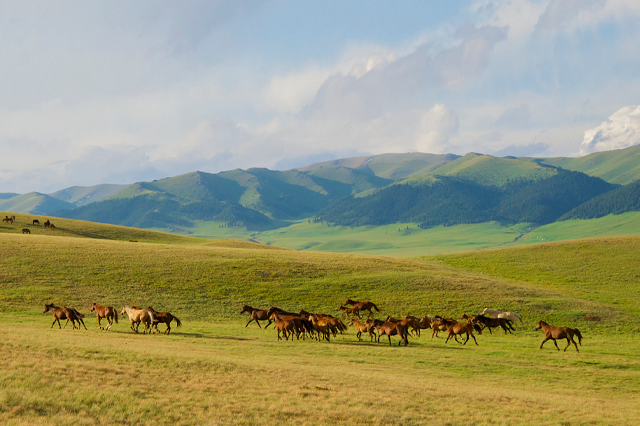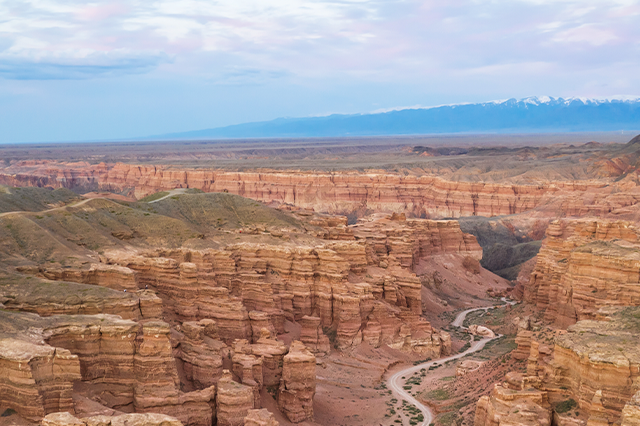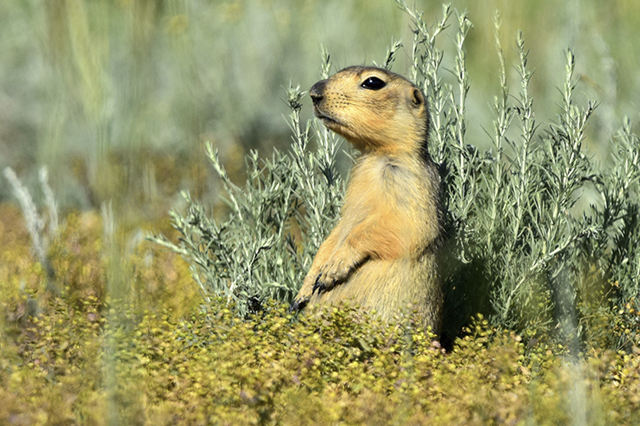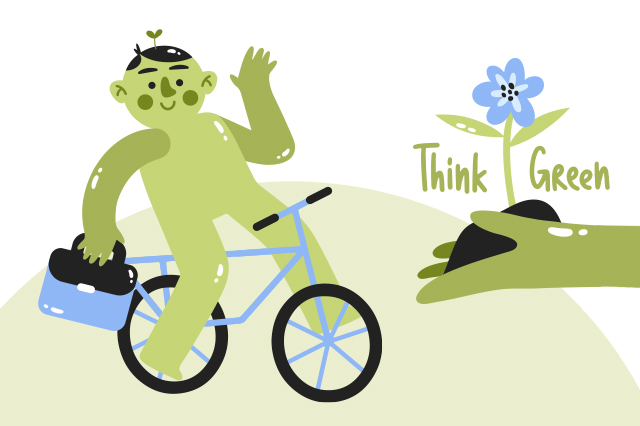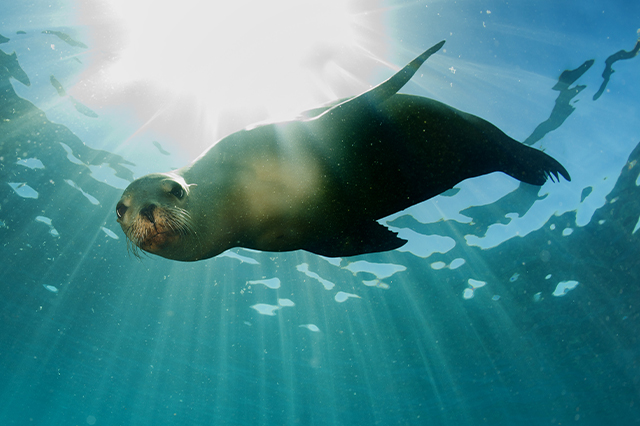Ecotourism is a type of sustainable tourism that seeks to reduce the impact of tourism on the environment and help preserve natural resources and local culture. Unlike traditional tourism, ecotourism focuses on responsible travel, where tourists are aware of their impact on the environment and actively participate in the preservation of natural and cultural heritage. In this article, we will look at how ecotourism differs and how to practice it.
Ecotourism vs. traditional tourism
First and foremost, ecotourism aims to preserve the environment, while traditional tourism focuses on recreation and entertainment. Ecotourism destinations give visitors the opportunity to interact with nature and learn about the local ecosystem, culture, and heritage. Traditional tourist destinations offer recreational activities such as shopping, nightlife, and amusement parks.
Second, ecotourism is sustainable and minimizes the impact of tourism on the environment, whereas traditional tourism can damage the environment. Ecotourism destinations have implemented sustainable practices such as using renewable energy, reducing waste, and conserving water. Traditional tourist destinations, on the other hand, degrade the environment through pollution, deforestation, and over-consumption.
Third, ecotourism develops public tourism and the local economy. In turn, traditional tourism leads to the displacement of local communities and the exploitation of natural resources. Ecotourism destinations involve local communities in the tourism industry, providing an opportunity for economic development while preserving culture and lifestyle. At the same time, traditional tourist destinations prioritize the interests of large corporations, resulting in the loss of local culture and heritage.
The ecotourism industry is growing rapidly, with 1.8 billion ecotourism trips worldwide each year. According to a 2015 report by the Global Ecotourism Network, the ecotourism industry is valued at $77 billion a year and will grow at a rate of 6.7% per year.
A 2019 Booking.com survey found that 72% of travelers believe people should take more eco-friendly trips to save the planet, and 62% are willing to pay more for eco-friendly accommodations.
Ecotourism also creates jobs and stimulates economic growth in local communities. According to the 2017 UN World Tourism Organization, ecotourism generates 20-30% more income for local communities than traditional tourism.
However, ecotourism can also have negative consequences if not practiced responsibly. For example, it can lead to environmental degradation, cultural exploitation, and displacement of local communities.
Best Practices for Ecotourism
To engage in ecotourism, following practices promoting sustainable tourism and the conservation of natural resources is important. Here are some of the best ecotourism practices:
Minimize your impact on the environment. When going to an ecotourism destination, minimize your impact on the environment by reducing waste, conserving water, and using renewable energy. Use biodegradable products and avoid trash.
Support local businesses. Support local businesses and communities by buying locally made products and participating in community tourism events. This boosts the local economy and preserves local culture and heritage.
Respect local culture. When visiting an ecotourism site, respect the local culture and traditions by learning about them and following them. Dress appropriately, ask permission before taking photos, and don't disturb wildlife.
Participate in conservation activities. This could be planting trees, cleaning up the beach, or observing wildlife. Such activities help conserve natural resources and protect the environment.
Examples of Ecotourism
Ecotourism destinations can be found all over the world, from the rainforests of South America to the coral reefs of the Pacific Ocean. Examples of ecotourism destinations:
Costa Rica is one of the most popular ecotourism destinations in the world, known for its biodiversity and conservation efforts. The country has numerous national parks and protected areas that offer visitors the opportunity to see wildlife and take part in conservation activities.
The Galapagos Islands are a UNESCO World Heritage Site with unique wildlife and geological formations. The islands offer visitors the opportunity to observe wildlife up close and learn about conservation efforts.
Ecotourism is an important aspect of sustainable tourism that promotes responsible travel, natural resource conservation, and local economic development. By following best practices such as choosing sustainable lodging, supporting local businesses, respecting local culture, minimizing environmental impact, and participating in conservation activities, travelers can contribute to environmental and cultural preservation while having a unique and educational travel experience.
As the tourism industry continues to grow, it is important to promote sustainable practices and certification programs to ensure the long-term preservation of natural resources and the local communities that rely on them.
By adopting ecotourism practices, we can have a positive impact on the environment and local communities while enjoying the beauty and wonders of the natural world. So let's practice ecotourism responsibly to create a sustainable future.



